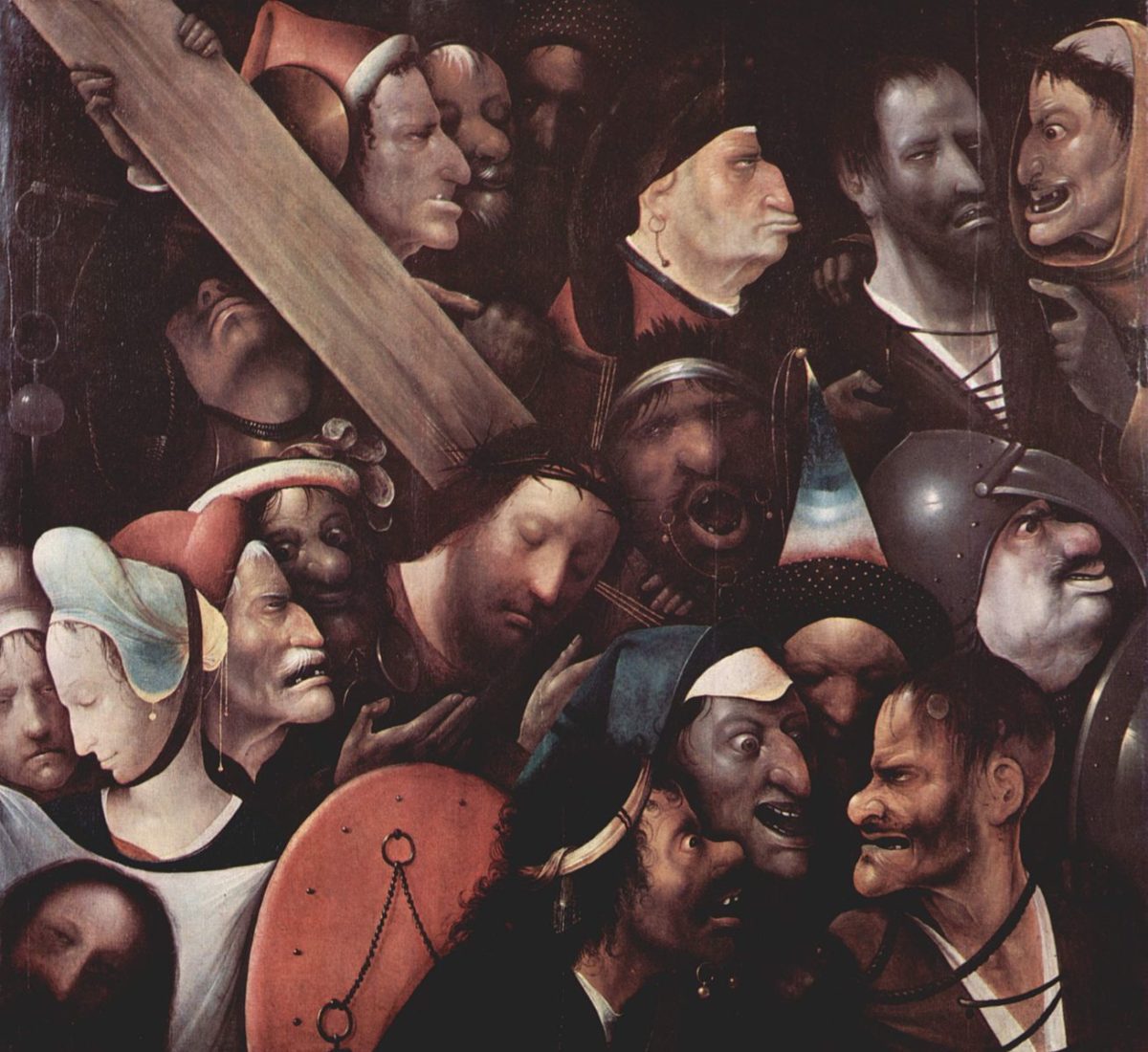
In the spring of 2021, just as Covid was beginning to wind down in the US and the country was warily reawakening, authors David Leo Rice and B.R. Yeager got together via Zoom to discuss seediness, decadence, decay, artistic development between adolescence and adulthood, forbidden knowledge, and new avenues that the horror genre might take as we lurch deeper into the all-pervasive disquiet of the 2020s.
You have reached your article limit
Sign up for a digital subscription and continue reading all new issues, plus our entire archives, for just $1.50/month.
Already a subscriber? Sign in




